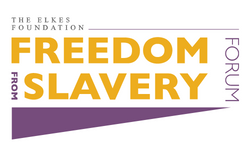The Freedom From Slavery Middle East and North Africa Forum is the region’s premier annual anti-slavery and anti-trafficking thought leadership event.
This year it was held as an online Zoom event on
December 12 and 13, 2022.

Resources
The second year of the MENA Regional Forum brought together various regional stakeholders from North Africa and the Middle East to discuss the most pressing issues of modern slavery in the region and come up with effective solutions. The theme was “Enabling local engagements and global synergies for addressing modern slavery.”
Over two days, the MENA Forum was held online to increase accessibility all over the region to include survivors of modern slavery, grassroots organizations, and civil society.
في السنة الثانية من المنتدى الإقليمي للشرق الأوسط وشمال إفريقيا والذي سيجمع بين مختلف أصحاب المصلحة الإقليميين من شمال إفريقيا والشرق الأوسط لمناقشة القضايا الأكثر
إلحاحًا المتعلقة بالعبودية الحديثة في المنطقة بهدف التوصل إلى حلول فعالة تتناسب مع احتياجات المنطقة. موضوع هذا العام هو “تمكين المشاركات المحلية وأوجه التآزر العالمية للتصدي للعبودية الحديثة.”
على مدار يومين ، سيعقد منتدى الشرق الأوسط وشمال إفريقيا عبر الإنترنت لزيادة إمكانية الوصول في جميع أنحاء المنطقة ليشمل الناجين من العبودية الحديثة والمنظمات
الشعبية ومنظمات المجتمع المدني والأمم المتحدة والمسؤولين الحكوميين من بين المشاركين.
هذا العام ، تم تطوير جدول الأعمال مع الشركاء المحليين وأصحاب المصلحة لاستيعاب الوضع الإقليمي ومناقشة التحديات وأوجه التعاون المشترك قدر الإمكان. مزيد من المعلومات
حول جدول الأعمال ستتبع قريبا!

DAY 1 – Monday, December 12: Humanitarian Crises and Modern Slavery in the
MENA Region
10:50 a.m. – Zoom lobby opens
11:00 a.m. – Welcome and Introduction
11:10 a.m. – Presentation: The Impact of War and the Humanitarian Crisis in Yemen on Modern Slavery
12:00 p.m. – Presentation: Equidem on the Qatar World Cup
12:20 p.m. – Workshop: Steps to Gain Justice at the World Cup
12:45 p.m. – Presentation: Modern Slavery and Terrorism/Militant Groups
1:30 p.m. – Presentation: Domestic Workers and their Stories from the Frontline
2:00 p.m. – Closing Remarks
DAY 2 Tuesday, December 13: Engaging Different Stakeholder Groups
10:50 a.m. – Zoom lobby opens
11:00 a.m. – Keynote Speech on Survivor Engagement
11:10 a.m. – Presentation: Survivor Engagement in the MENA Region – Difficulties and Opportunities
11:50 a.m. – Panel: Research and Policy Engagement in MENA
12:30 p.m. – Research Project: Legislative Frameworks on Modern Slavery – University of Nottingham Rights Lab
1:30 p.m. – Workshop: Collaborations and Partnerships to Improve Engagement and Unify in Eradicating Modern slavery
2:00 p.m. – Closing Remarks
Outcomes
Humanitarian Crises and Modern Slavery
- Increased understanding of how different types of humanitarian crises interplay with modern slavery in the region;
- Increased commitment to seeking justice for migrant workers at the Qatar World Cup.
Engaging Different Stakeholders of the Movement
- Identify way to increase survivor engagement and leadership in the anti-modern slavery movement;
- Identify steps needed to improve research;
- Identify opportunities of collaborations and partnerships to improve engagement in the region.
Event Speakers
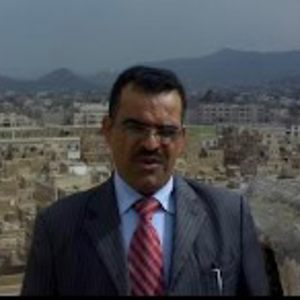
Ali Nasser Aljali - NOFCHT
Ali is a Human Rights Activist and the President of the National Foundation for Combating Human Trafficking and Child Trafficking (NOFCHT). He is also a member of the National Committee for Combating Human Trafficking in Yemen.

Awah Francisca Mbuli - Survivors Network, Cameroon
Awah Francisca Mbuli is a survivor of sex and labor trafficking. She is the founder of Survivors’ Network (SN), a Cameroonian-based, female survivors-led NGO that fights against all forms of human trafficking. SN rescues and provides temporary housing, psychosocial services, vocational training, and economic empowerment programs to victims of human trafficking and internally displaced women. She advocates both with governments and the general population.
For her efforts, Awah has been awarded numerous distinctions, including, but not limited to being one of the 50 Most Influential Cameroonians and an Obama Africa Leader and having received the African Dream Achievers Award, the US Trafficking in Persons Hero award, and the World of Difference Award 2022 for Economic Empowerment of Women.
Furthermore, Awah is one of the Freedom From Slavery Forum Ambassadors.

Bukeni Waruzi - Free the Slaves
Bukeni Waruzi is the Executive Director of Free the Slaves. He works closely with the board, the global team, and headquarters to provide strategic leadership and set a vision for one of the world’s most widely-known and respected anti-modern slavery organizations.
Waruzi has documented human rights abuses, designed and implemented advocacy campaigns, made public presentations around the world, and trained hundreds of human rights advocates and activists in Africa, Asia, the Middle East, and the Americas.
Waruzi has spoken to high-level audiences including the United Nations Security Council, the International Criminal Court, and the Children’s Caucus of the U.S. Congress. He currently represents anti-slavery groups as a civil society member of the Global Coordinating Group of Alliance 8.7, the global initiative to attain Sustainable Development target 8.7, the end of child and forced labor worldwide.
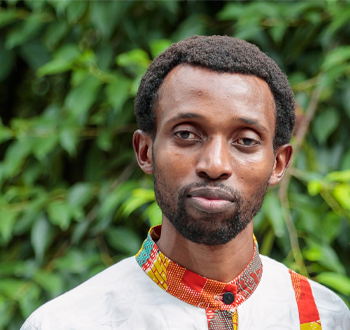
Dennis Dome - Equidem
Dennis is responsible for designing, implementing and supervising research projects in East and the Horn of Africa and labour migration corridors to the Gulf countries. His experience includes data mining on engendering inclusivity for UNWOMEN and conducting violent extremism research for USAID. He has also been involved in a range of projects for clients including Core Group Polio Project, Kenya’s Ministry of Education, Save The Children and CARE International.

Ekaterina Porras Sivolobova - DoBold
Ekaterina Porras Sivolobova is the founder and director of Do Bold. She has been working on the ground supporting migrant workers affected by modern slavery in the GCC countries while harnessing data to advise and campaign for better policies and practices. Her work has been shortlisted for the World Justice Challenge and the Nelson Mandela Prize Walk for Courage. And her efforts have been highlighted in the BBC, The Guardian, and the Washington Post.
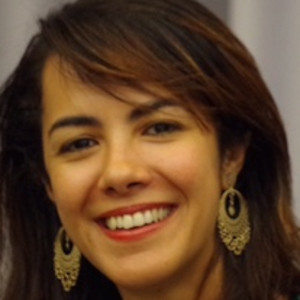
Hind Cherrouk - Solidarity Center
Hind Cherrouk is the Regional Program Director (RPD) for the Middle East and North Africa. She joined the Solidarity Center (SC) in 2005 and has been based in the SC field office in Rabat, Morocco since 2011. Before becoming the SC’s RPD, she was responsible for implementing programs on gender equality, economic literacy, and workers’ rights in Tunisia, Morocco, Algeria, and Libya. Previously, she served as Field Program Specialist in Morocco, Deputy Country Program Director and Country Program Director for North Africa, and Program Officer at the SC headquarters in Washington, DC. She has extensive experience managing and implementing SC capacity-building programs with trade union partners and the broader labor movement funded by the Department of State, USAID, the National Endowment for Democracy, and the Ford Foundation. She has led programs that have forged regional empowerment networks for women workers, built leadership skills, and strengthened the democratic practices of unions in the region.
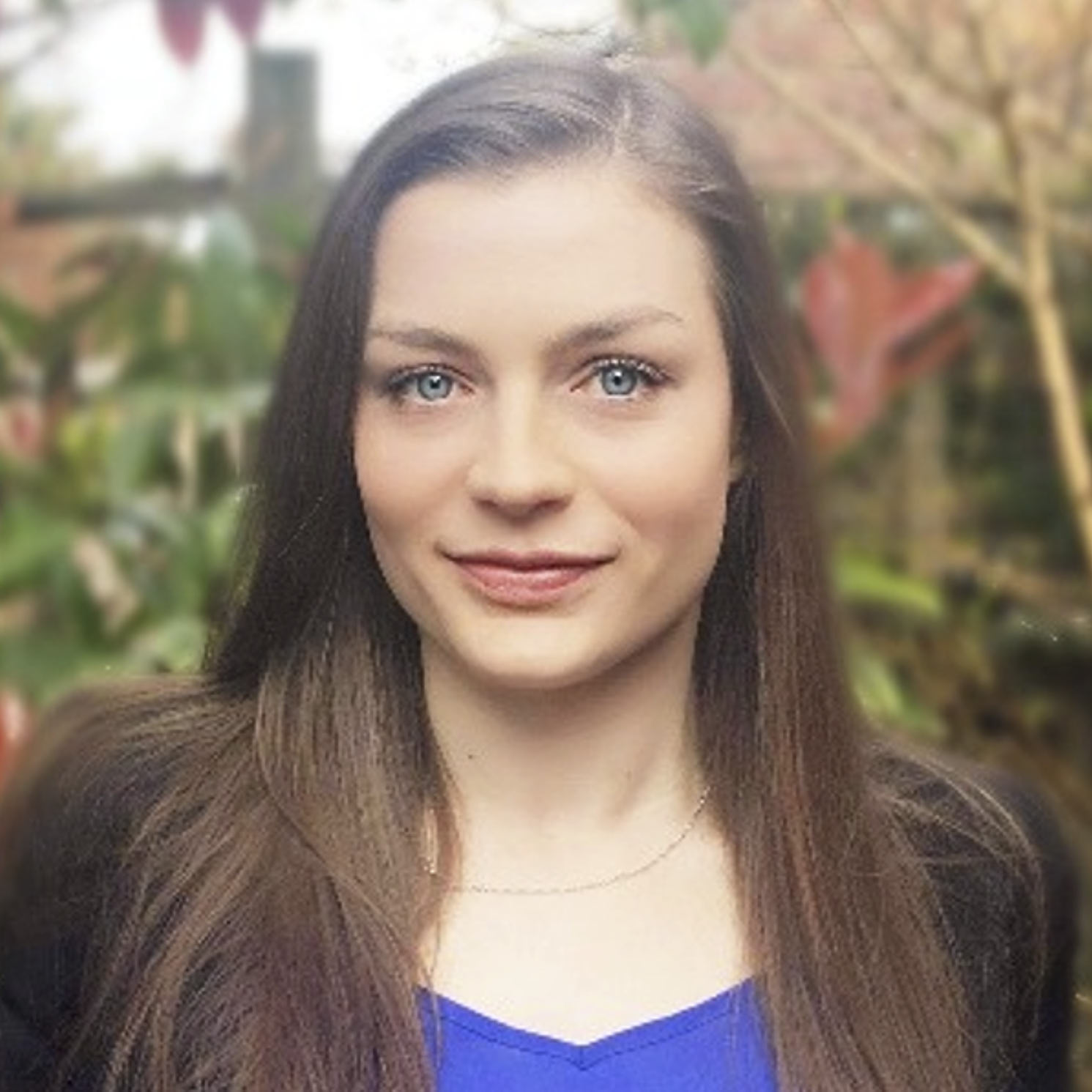
Dr. Katarina Schwarz - University of Nottingham Rights Lab
Dr. Katarina Schwarz is an Associate Professor in Antislavery Law and Policy at the School of Law and Associate Director of the Rights Lab at the University of Nottingham. Her research explores the intersections between slavery and the law, from the historical to the contemporary.
In her role leading the Rights Lab’s Law and Policy Programme, Schwarz works at the interface of research and policy to deliver evidence-based guidance for contemporary antislavery action. Her Rights Lab research interrogates the law and policy frameworks operating at the global, regional, and domestic levels to determine the elements of effective antislavery governance and map trends, successes, and failures.
Schwarz is the lead author of the Antislavery in Domestic Legislation Database, the world’s first comprehensive database of international obligations and domestic legislation on slavery and related practices. This project, initiated in 2015, maps the current state of domestic legislation prohibiting slavery, servitude, forced labor, institutions and practices similar to slavery, and human trafficking in all 193 UN Member States, providing new insights for the global antislavery movement.
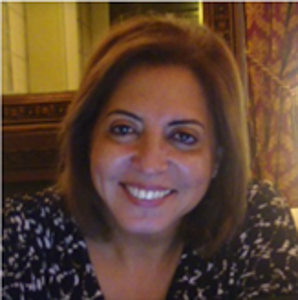
Linda Al Kalash - Tamkeen for Legal Aid and Human Rights
Linda is the Founder and the Executive Director of Tamkeen for Legal Aid and Human Rights. Tamkeen’s mandate focuses on topics related to labor rights, migration, and combating the crime of human trafficking. she leads a team that consists of lawyers, researchers, and field officers and represented Tamkeen in a number of national, regional, and international conferences and events that focus on Labour issues, Migrant Workers and Migration, Legal Aid and Human Trafficking. In 2013, Linda formed the Arab Network for Migrant’s Rights (ANMR) established in five Arab countries.
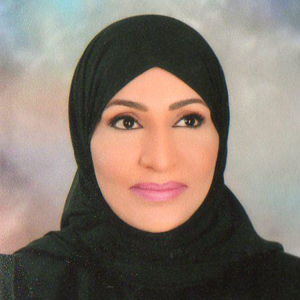
Maryam Almalki - Independent Expert in Human Trafficking Training
Maryam is a social and family counselor, a legal expert, as well as a trainer in the field of combating human trafficking. She also serves as Deputy Regional Representative of Child Support Lines in the Middle East and North Africa. Furthermore, Maryam is the Former President of the Qatari House for Shelter and Humanitarian Care and Director of the Qatari Foundation for Combating Human Trafficking. She contributed to the launch of the Arab initiative to build national capacities working in the field of combating human trafficking in cooperation with the Office of Combating Crime and Drugs and the League of Arab States. Maryam also has many publications in the field of combating human trafficking. She is a Doctor of Philosophy (Human Rights) and holds a Bachelor’s degree in Social Work/Sociology, as well as a Master’s in Public Policies in Sharia.
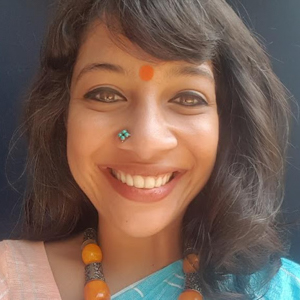
Namrata Raju - Equidem
Namrata, a labour expert, leads Equidem’s India work and collaborates closely with Equidem’s initiatives across South Asia, South East Asia, East Africa and the GCC. With close to 15 years of research experience, Namrata has worked on a range of labour and migration issues, including but not limited to, recruitment; remittances; the linkages between trafficking and migration; the future of work; informality and informal migration; post-conflict livelihoods; financial inclusion; and modern slavery in South Asia’s garment sector. Namrata set up the first in-house consumer research unit in banking at Bank Dhofar in the Gulf state of Oman, where she lived for close to 2 decades. She has also worked with the International Labour Organisation (ILO), helping with the establishment of an internal Labour Migration Unit with the ILO-Country Office, Sri Lanka and the Maldives when she was a fellow at Harvard University’s Women and Public Policy Programme (WAPP) in 2017.
Namrata has been a research advisor across an array of sectors in the MENA region, including with various government departments in the GCC, banking and financial institutions, and an array of private sector entities. Namrata has a Master in Public Administration from Harvard University (2018), Masters of Economics from the University of Warwick, UK (2008), and a Bachelor of Economics from Madras University, India (2006).

Pamela Vargas Gorena - University of Nottingham Rights Lab
Pamela Vargas Gorena works as part of the Rights Lab’s Law and Policy Programme, conducting contextual research and engagement focused on antislavery law and policy frameworks to deliver bespoke legislative toolkits. She contributes to the expansion of a database of domestic legislation and international obligations of all UN Member States, maps global legislation to understand trends, successes, and failures, and identifies factors contributing to positive legislative change. Her research background includes comparative law and jurisprudence as well as the assessment of government law, policies and capacities. As a qualified Bolivian lawyer, she previously held management positions in government contributing to the development of law and public policy at central and local levels. She also has been part of UN-Habitat, working on the Urban National Policy, and has frontline experience working with vulnerable youth in the non-profit sector.

Rasha Al Manha - Free the Slaves
Rasha Al Manha is the MENA regional manager of Free the Slaves, representing FTS in the region, and provides ongoing technical assistance to FTS’s partner organizations in strategic design and implementation.
She is a goal-focused, versatile project professional with 20+ years of experience supporting the strategic direction of large-scale humanitarian programs, specifically with UNICEF and USAID, as well as both national and international non-profit organizations on a local and cross-border basis, with extensive experience in budgeting and risk management while achieving overall goals. Rasha has been involved in the emergency, relief response to Syrian crises either inside Jordan or cross–border, in addition to local community capacity building and engagement by supporting the strategic direction of large-scale humanitarian programs, either locally or cross-border basis, with extensive experience disseminating project information to project stakeholders, oversee the operational aspects of an ongoing project, and are accountable for leading, organizing, budgeting, and managing staff, as well as monitoring project progress, developing and maintaining project deliverables, and adhering to data quality standards.

Rima Kalush - Migrant-Rights.org/Majal.org
Rima Kalush is the Deputy Director of Majal.org, and editor of Migrant-Rights.org. She joined Migrant-Rights.org in its infancy and has overseen its financial and programmatic growth. Her work has been published and referenced by institutions including Al Jazeera, the International Labor Organization, Jadaliyya, Gender Across Borders, and the Institute for Global Labour and Human Rights. She holds a Master of Philosophy in Middle Eastern Area Studies from the University of Oxford.

Vani Saraswathi - Migrant-Rights.org
Vani Saraswathi is the Editor-at-Large and Director of Projects at Migrant-Rights.org and the author of Stories of Origin: The Invisible Lives of Migrants in the Gulf. The book is an anthology of reporting from seven origin countries over a period of three years.
Since 2014, in her role with Migrant-Rights.org she reports from the Gulf states and countries of origin. She also organizes advocacy projects and human rights training targeting individual employers, embassies, recruitment agents, and businesses in Qatar, Kuwait, Saudi Arabia, and UAE, working with nationals and long-term residents in these countries. A special emphasis is on female migrants, including domestic workers. Much of her advocacy effort is geared towards mainstreaming issues facing female migrant workers.
She is also a member of the Migration Advisory Group (previous Policy Advisory Committee) of ILO ROAS, the Policy Advisory Group of Freedom Fund’s Ethiopia hotspot, Humanity United’s Advisory Group on Forced Labour and Human Trafficking, and Steering Committee member for GAATW’s cross-regional (Asia-GCC)work.
Sponsored by



